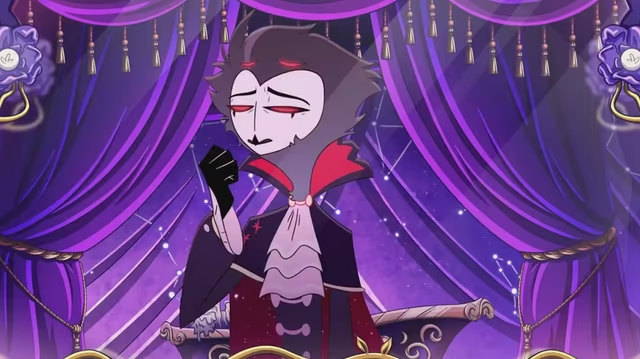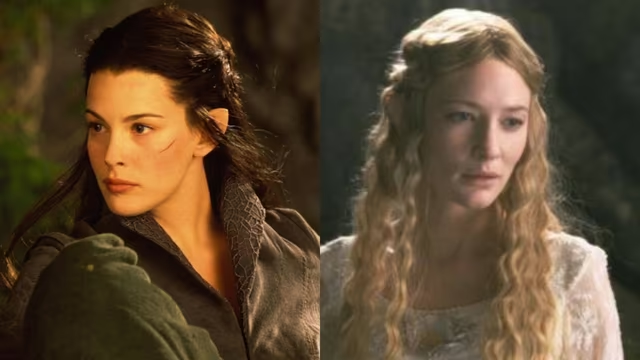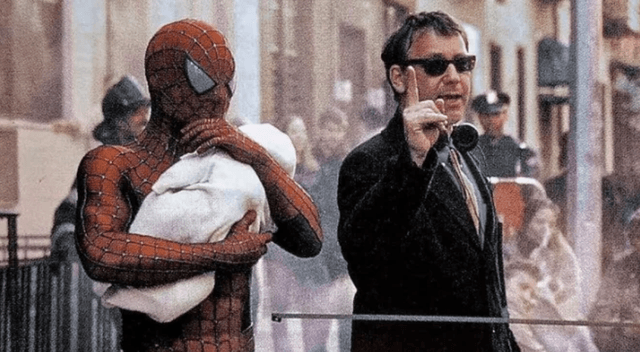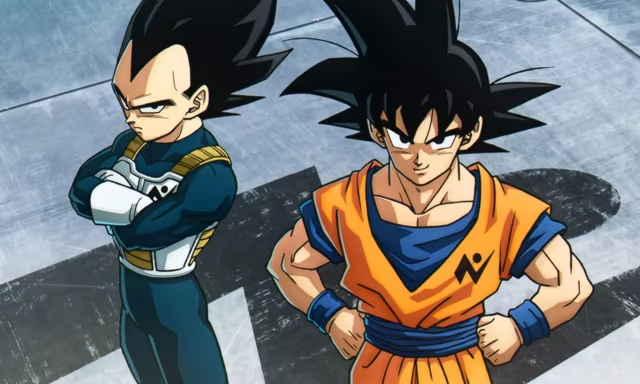If you click on a link and make a purchase we may receive a small commission. Read our editorial policy.
As a children's caregiver, Disney's new Lilo & Stitch remake leaves orphaned children behind and sends the wrong message
The Lilo & Stitch remake offends me as a caregiver.

Popverse's top stories
- "And my axe!" Lord of the Rings star John Rhys Davies says there's one world leader who deserves Gimli's iconic weapon
- Wonder Man is the Andor of Marvel Studios’ modern TV series on Disney+
- Absolute Batman happened because DC Comics writer Scott Snyder got bored reading about ‘superhero fatigue’
Family means no one gets left behind. But after watching live-action Lilo & Stitch, I believe some at Disney didn't get the message.
I’m not the type of person who gets upset at Disney’s live-action remakes. Sometimes they’re enjoyable, but if not, I still have the original animated classics to go back to. However, the live-action Lilo & Stitch movie made me angry. I’m not being hyperbolic when I say this, but I believe the film’s ending is psychologically harmful to children in the foster care system. Yes, I’m aware of how unhinged this makes me sound, but hear me out.

If you’re not familiar with the original 2002 animated film, the story centers around a young girl named Lilo who is living with her adult sister Nani following the death of their parents in a car crash. Throughout the film, Nani struggles with social services, trying to prove that she’s fit to be her sister’s guardian. Nani is driven by the fear that the state will take Lilo away, separating her from the last bit of family she has left.
This is all complicated by the arrival of Stitch, a mischievous blue alien that befriends Lilo. Nani and Lilo continually repeat the mantra, “Ohana means family, and family means nobody gets left behind or forgotten.” In the end, after some hijinks and misadventures caused by Stitch, Nani remains Lilo’s guardian.
The 2025 live-action remake takes a different approach.
Many of the story beats are the same, but throughout the film, Nani’s neighbors and the social worker continually encourage her to give Lilo up so she can attend college in California. They argue that it would be an act of self-care and that Lily would be better off. The original film’s ohana mantra is repeated, but they add that Nani is leaving herself behind.
And thus, the film ends with Nani giving up her guardianship of Lilo and moving to California. To be clear, Lilo is placed with her next-door neighbors, who had been acting as a support system throughout the movie. Lilo also encourages Nani to pursue her education, and the sisters keep in touch via video chat and have frequent visits thanks to a portal gun. It’s clear that Nani is still a big part of Lilo’s life, despite the fact that she’s no longer her guardian.
This ending infuriated me, and I worry about the message it sends to children being cared for by relatives.
For context, when I’m not writing for Popverse, my other job involves caring for children. I’ve worked with many families similar to Lilo and Nani, where a relative is caring for the child after the death of their parents. I’ve seen a 90-year-old woman care for her teenage great-grandchildren after the death of their mother. I’ve seen a 26-year-old woman unexpectedly become her nephew’s guardian after his mother died in a car crash. Throughout my career, I’ve seen many tragedies, but I’ve also had my heart warmed as I’ve seen family members step in to pick up the pieces.

Disney needs to understand how children feel after losing their parents. Their world becomes fragile, and they crave stability. If their parents can disappear, nothing in their world is safe, giving them anxiety. Relatives who foster these children work hard to soothe that anxiety. Their message is, “Yes, you belong here. No, I am not going anywhere. This is your home.”
The 2025 Lilo & Stitch remake sends a counter message. While Lilo and Nani’s situation in the film is nuanced, a young child who has lost their parents won’t pick up on that nuance. Instead, they will get the message that their caregiver can give them up and put them into foster care. The movie makes it seem as if the child is a burden, holding the caregiver back and keeping them from fulfilling their dreams. Your caregiver relative is better off without you.
I’ve spoken to many foster children who fear that their caregivers feel this way. Seeing it play out in a movie would only reinforce that anxiety. I don’t know if Walt Disney Pictures consulted with any foster care parents, social workers, and child psychologists during the production of this film. If the movie is any indication, I believe they either didn’t, or if they did, they didn’t listen to their feedback.
Remember the young aunt I mentioned earlier? As I’m writing this, she’s currently preparing for another court hearing regarding the guardianship of her nephew. She has never stopped fighting for him. Her nephew knows he’s loved, and that she won’t be giving up on him. Family means no one gets left behind.
That’s what makes them different from Nani and Lilo.
Maybe Disney should make a movie about them instead.
Want to know what's coming up next in pop culture? Check out Popverse's guides to:
Follow Popverse for upcoming event coverage and news
Find out how we conduct our review by reading our review policy
Let Popverse be your tour guide through the wilderness of pop culture
Sign in and let us help you find your new favorite thing.
















Comments
Want to join the discussion? Please activate your account first.
Visit Reedpop ID if you need to resend the confirmation email.